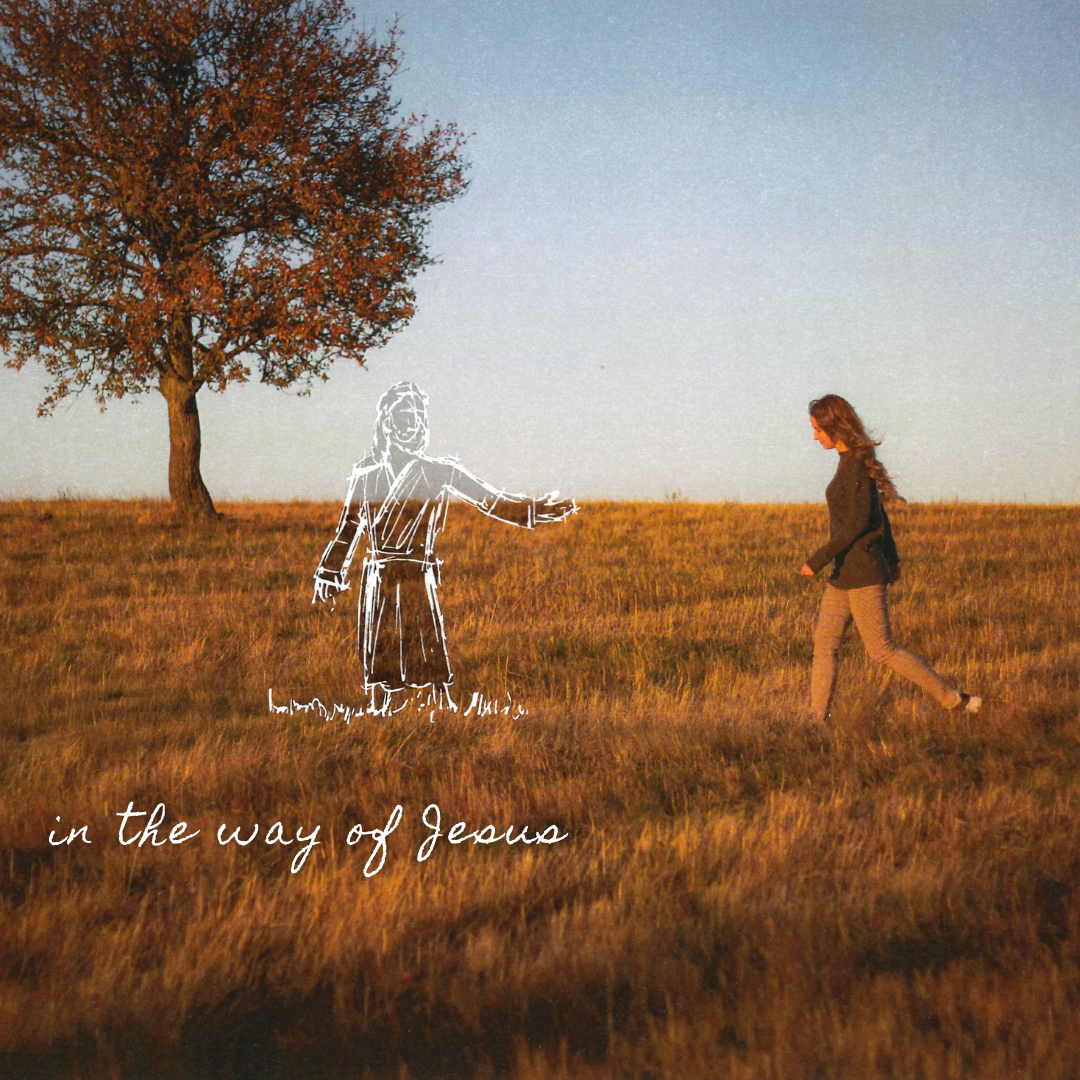“Bring Them Here — to Me”
Aaron Bjorklund2025-06-19T10:33:24-06:00Yeah, I know, the church needs more volunteers. “We can’t do this without you!” Does it ever get old to hear that? Even though we know it's true, it can often place an unwelcome [...]





